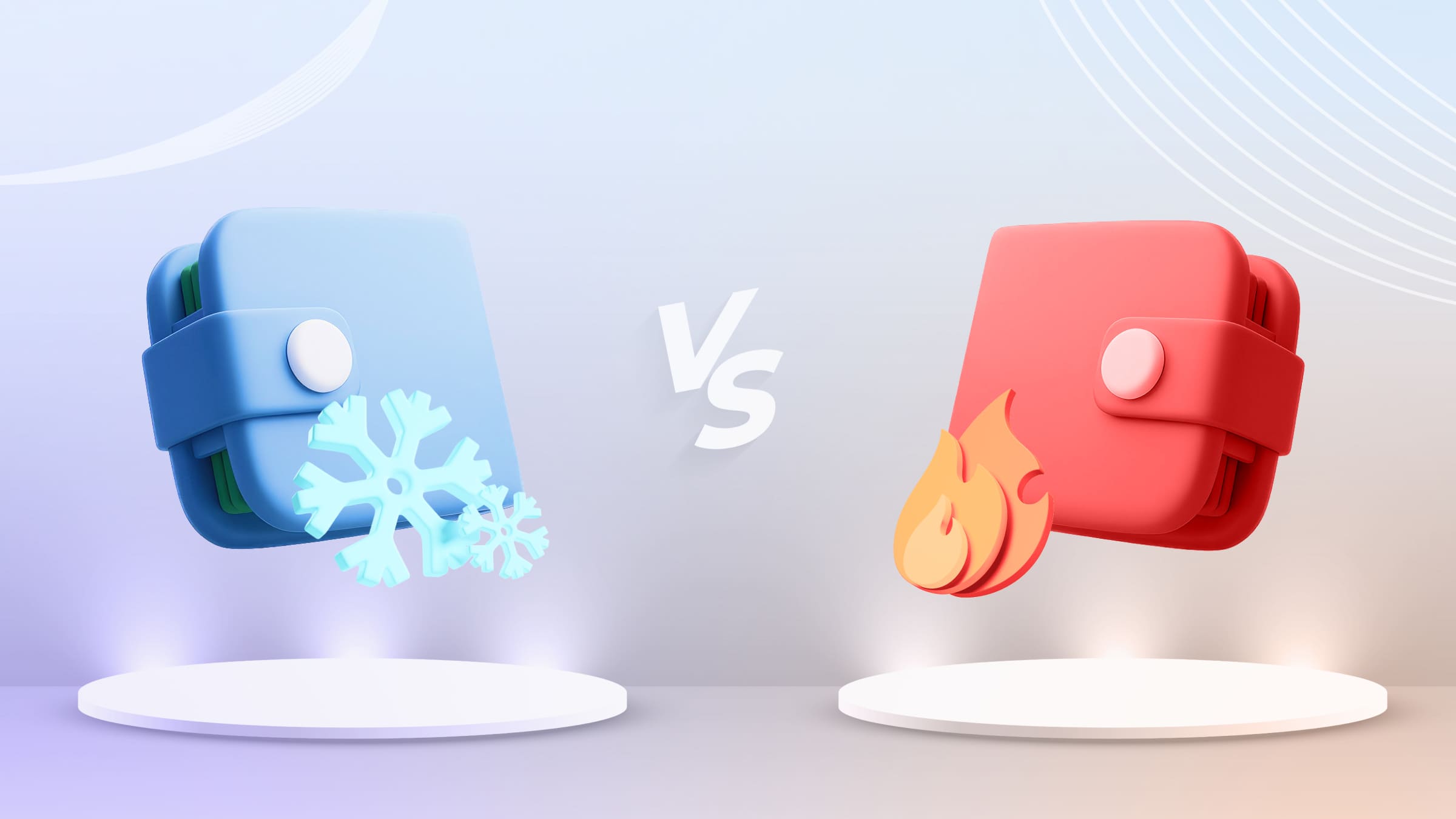
Crypto Wallets 101: Hot vs. Cold, and How to Store Your Coins Safely
✍️ Introduction
You’ve bought your first cryptocurrency—great! But now what?
If you’re leaving your coins on an exchange, you could be taking unnecessary risks.
This guide breaks down the two main types of crypto wallets—hot and cold—and helps you choose the best way to store your crypto securely.
🔐 What Is a Crypto Wallet?
A crypto wallet doesn’t hold your coins physically. Instead, it stores the private keys that let you access and control your funds on the blockchain.
Think of your private key as your digital signature—whoever holds it, owns the crypto.
🔥 What Is a Hot Wallet?
Hot wallets are connected to the internet and are best for convenience.
✅ Pros:
- Easy to set up
- Great for frequent trading
- Often free
❌ Cons:
- More vulnerable to hacks and malware
- Best for small amounts or short-term use
Examples:
- Exchange wallets (Binance, Coinbase)
- Mobile apps (Trust Wallet, MetaMask)
- Browser extensions (Phantom, MetaMask)
❄️ What Is a Cold Wallet?
Cold wallets are offline storage methods. Your keys are kept completely disconnected from the internet.
✅ Pros:
- Much safer from online threats
- Ideal for long-term holders (“HODLers”)
❌ Cons:
- Not as convenient for active trading
- Hardware wallets cost money
Examples:
- Hardware wallets (Ledger, Trezor)
- Paper wallets (printed QR code and keys)
- Air-gapped computers (for advanced users)
🔐 Which One Should You Use?
| If You’re… | Go With… |
|---|---|
| A casual trader | Hot wallet |
| A long-term HODLer | Cold wallet |
| Holding large amounts | Cold wallet |
| Using DeFi apps often | Hot wallet |
| Just getting started | Hot wallet + research cold storage later |
🔄 Bonus Tip: Use Both
Many investors use a hybrid approach:
- Keep some funds in a hot wallet for daily use
- Store the rest in a cold wallet for long-term safety
🛡️ Best Practices for Crypto Security
- Always enable 2FA (two-factor authentication)
- Never share your seed phrase—not even with support teams
- Backup your wallet info securely (offline or in a fireproof safe)
- Be cautious of phishing websites or fake wallet apps
✅ Final Thoughts
If crypto is digital gold, then your wallet is the vault.
Understanding the difference between hot and cold wallets is key to staying safe in the crypto space.
Choose what works for your needs—and remember, not your keys = not your coins.
